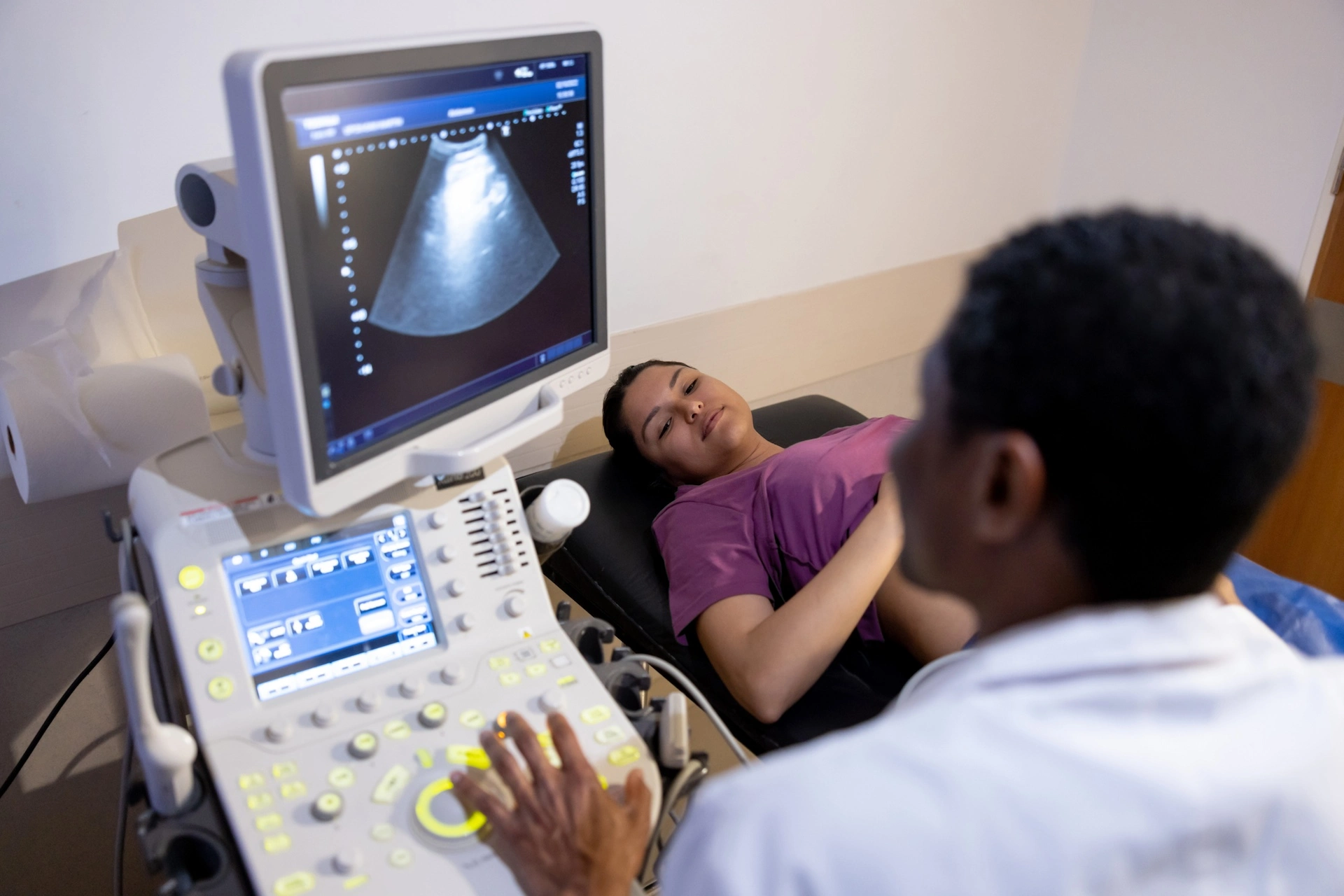Kaiser Permanente researcher presents study findings at international conference
Moving once a year or more is linked with poor glycemic (blood sugar) control in people with type 2 diabetes, according to a cross-sectional study examining the relationship between housing insecurity and diabetes control in over 25,000 patients from Northern California, presented at the Annual Meeting of the European Association for the Study of Diabetes (EASD), held online this year.

“Our findings suggest that housing insecurity may be a risk factor for poor blood sugar control. People with diabetes who may have trouble paying rent, move frequently, stay with relatives, or spend the majority of household income on housing, may struggle with routine, medication adherence, and prioritizing their diabetes management,” said Tainayah Thomas, PhD, a research fellow at the Kaiser Permanente Northern California Division of Research, who led the research.
Poor glycemic control can cause damage to various organs and lead to disabling and life-threatening complications such as cardiovascular disease, chronic kidney disease, and retinopathy (the most common cause of irreversible blindness in adults). In 2017, $727 billion was spent globally to treat and prevent diabetes and its related complications.
Read the full news story here.





This Post Has 0 Comments